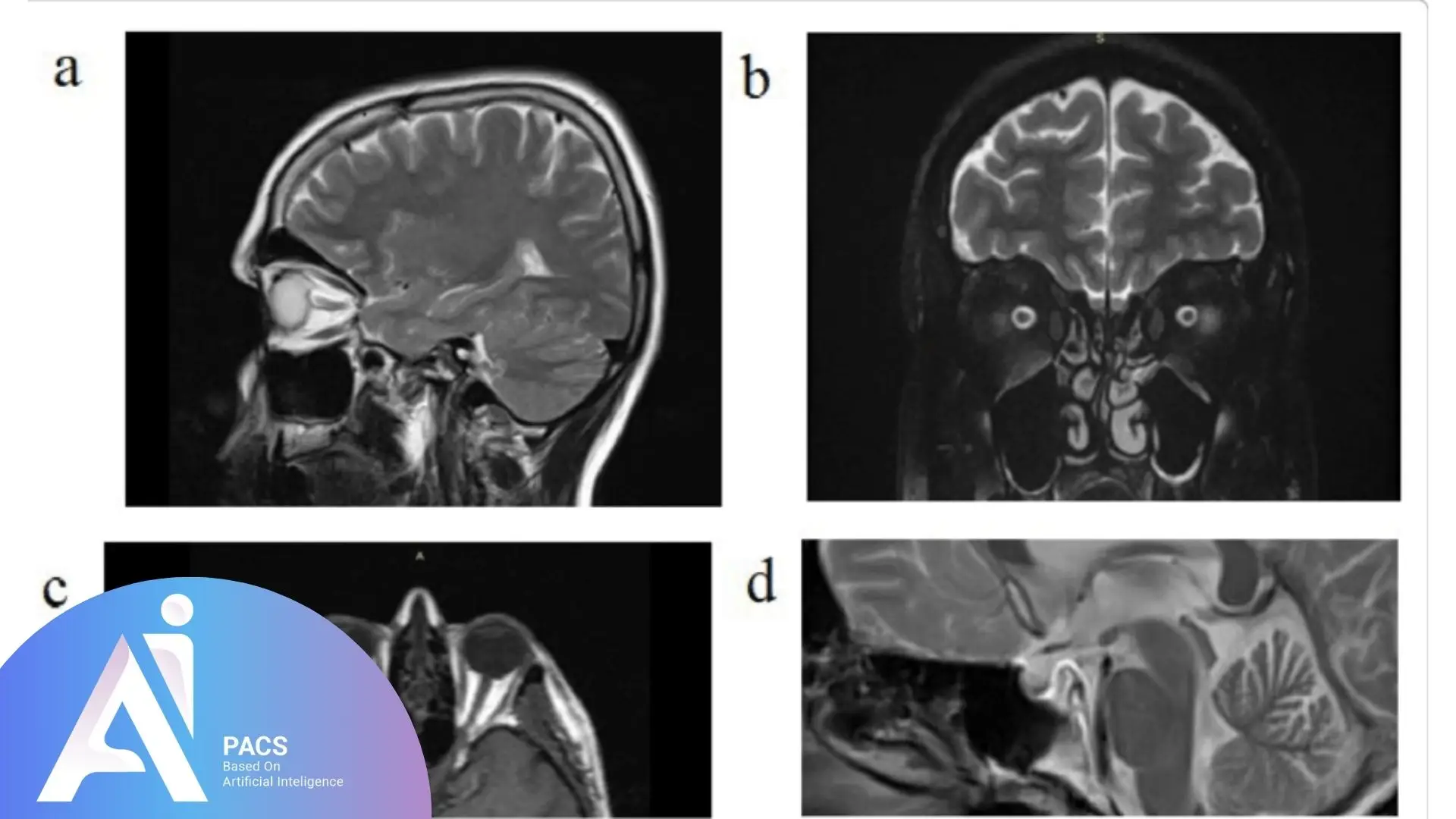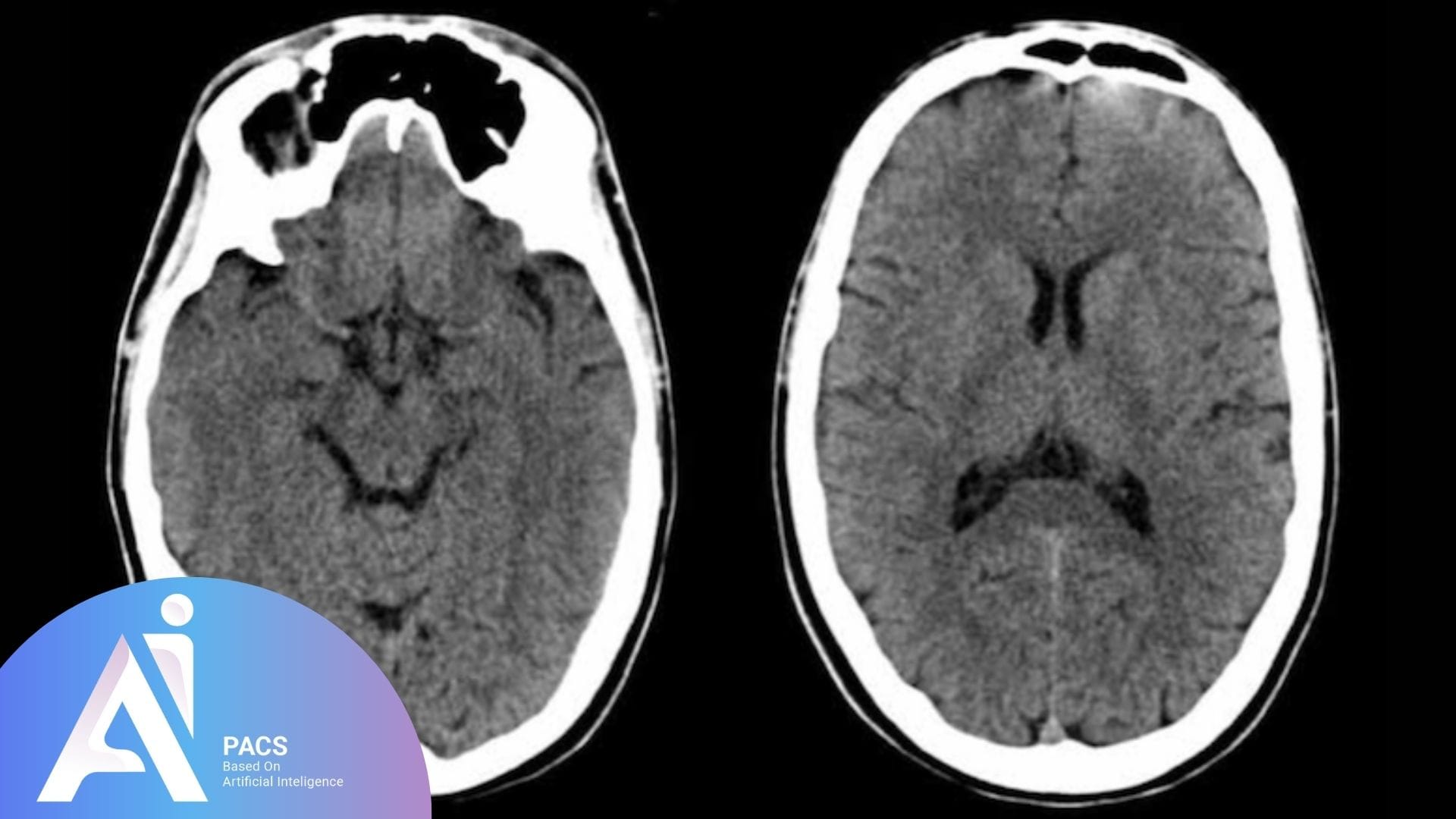Understanding Increased Intracranial Pressure (ICP): Causes, Symptoms, and the Importance of Brain Imaging
Increased pressure inside the skull can be life-threatening. The skull is a closed space, so any change in brain tissue, blood flow, or cerebrospinal fluid (CSF) can raise intracranial pressure (ICP). Detecting this early is not just critical, it can be life-saving.
Several conditions can cause increased intracranial pressure (ICP), and imaging plays a crucial role in not just detecting but also identifying the underlying cause, providing you with the reassurance and information you need.
I’m Dr. Vahid Alizadeh. In this article from the “When, Why, Who” series, I’ll explain what leads to increased intracranial pressure, how it appears on imaging, and when to get an expert evaluation.

Why Is Imaging Important for Increased Intracranial Pressure?
Imaging, especially brain MRI or CT, helps detect the causes of raised ICP and prevent long-term damage.
Common Causes of Increased ICP:
- Venous sinus thrombosis (CVST): More common in women, especially those on oral contraceptives (OCPs) or with clotting risks like DVT. This can lead to impaired venous drainage and raised pressure.
- Idiopathic Intracranial Hypertension (IIH): A condition seen mostly in young overweight women, with no visible mass or hydrocephalus on imaging, but increased pressure is present.
- Brain tumors or mass lesions: Space-occupying lesions increase pressure inside the skull.
- Obstructive hydrocephalus: Blocked CSF flow leads to enlarged ventricles and ICP elevation.
- Normal-pressure hydrocephalus (NPH) is seen in older adults. Despite normal CSF pressure, patients have impaired absorption or flow symptoms.
24/7 Imaging Interpretation
Never wait for answers again. Upload your scans anytime and get professional radiology reports when you need them.
When Should Brain Imaging Be Performed for Suspected Intracranial Pressure (ICP)?
Symptoms of increased intracranial pressure (ICP) may develop gradually or suddenly. Imaging helps confirm the diagnosis and guide treatment.
Clinical Signs That Suggest Raised ICP:
- Persistent or worsening headaches (especially in the morning)
- Nausea and vomiting
- Blurred vision or double vision
- Papilledema (swelling of the optic disc seen on fundus exam)
- Altered consciousness or confusion
- Seizures, in some cases
Imaging Findings May Include:
- Flattening of the posterior globe (in IIH)
- Empty sella (in IIH)
- Enlarged ventricles (in NPH or hydrocephalus)
- Venous filling defects on MRV or CTV in venous sinus thrombosis
- Mass lesions causing midline shift or edema

Who Needs Imaging and Expert Consultation?
Patients with any signs of increased intracranial pressure (ICP) should receive prompt brain imaging and clinical evaluation.
High-Risk Groups:
- Women taking oral contraceptive pills (OCPs), which are hormone-based medications used for birth control, or those with known clotting disorders
- Young women with chronic headache and vision symptoms (suspect IIH)
- Elderly patients with memory loss, urinary incontinence, and gait problems (triad of NPH)
Clinical Evaluation Also Includes:
- Ophthalmoscopy to check for papilledema
- Neurological exam to assess mental status and motor function
- CSF pressure measurement via lumbar puncture (if no mass effect is seen on imaging)
Second Opinion MRI Review
Already have an MRI diagnosis? Confirm your results with an independent review from our radiology specialists.
AI-PACS Is With You
Have an unclear diagnosis? Do you need an expert review of brain imaging?
At AI-PACS.com, our radiologists offer fast and accurate second opinions on MRI and CT scans for suspected increased intracranial pressure (ICP) and related conditions.
You can upload your scan securely and receive detailed feedback.
🖥️ If you already have your imaging and need it interpreted quickly and professionally, check out our Online Reporting Services to get expert insights—without delays or extra clinic visits.
Final Thoughts
Increased intracranial pressure is a serious issue. Causes range from clots and tumors to conditions like IIH and NPH. Clinical signs may be subtle at first, so early imaging is key.
MRI and CT help detect the cause, guide treatment, and prevent long-term damage. Patients and doctors can act fast and confidently with expert reviews from AI-PACS.
Reference:
researchgate.net
epmonthly.com

